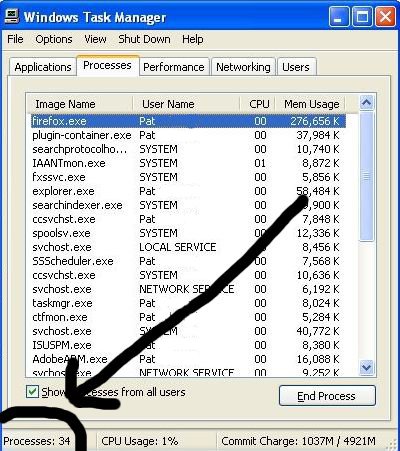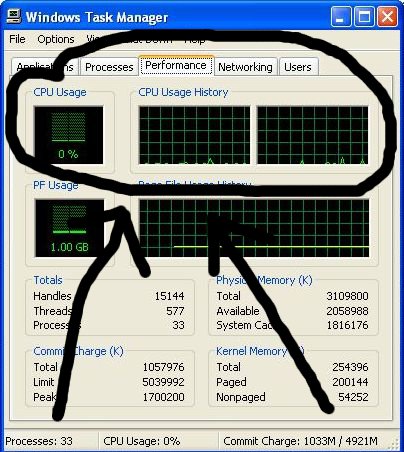There isn't a positive yes or no answer, but if you have the symptoms described you might have a virus.
Data Doctors: Using a 'safe' computer during tax season
Posted: Sunday, February 5, 2012
By Ken Colburn, Data Doctors
Q: What should I do to make sure my computer is safe to do my taxes? - Todd
A: Tax season brings out the scams, fake e-mails and malware because thieves and hackers know it's becoming more common to prepare taxes via your home computer.
Making sure your computer's security software and operating system are up-to-date is hugely important this time of year because of the clever nature of infections these days.
In the past, malware authors were very proud of the fact that they infected you and made it a point to let you know that they ‘gotcha'.
Today, malware code is specifically written to be silent and lurk in the background so as to go undetected. Even if you are diligent in keeping all your software updated, all it takes is one poor decision (clicking on a fake link, opening an infected e-mail attachment, downloading files from file sharing networks, etc.) to have a silent thief slip into your computer.
The whole idea is to find a way to gain access to your computer in a way that allows a remote hacker to silently run programs on your computer. It used to be Windows that was the primary target, but today virtually everything you use on the Internet (browsers, PDF readers, Flash players, e-mail programs, etc.) is being targeted as a way into your precious hard drive.
So, before you jump into doing your taxes on your computer, take a few minutes and do some spot checks for signs of silent intruders.
A common sign of malicious programs is a computer that takes an extraordinarily long time to start up. You can certainly have this problem and not be infected, but if you have this problem, you should do some snooping around.
Windows users should check the Task Manager (Ctrl-Alt-Del) to see how many processes are running on the computer (look in the bottom left corner). Make sure you do this spot check right after restarting the computer so that nothing is running yet.

When we perform our overhaul cleanup service, we strive to get the running processes on Windows XP systems in the 30-40 range (Laptops tend to require more processes) and Windows 7 & Vista systems in the 35-45 range.
If you have 60, 70 or 80+ processes running, you want to make sure that none of those excess processes are hidden malware programs.
While you have the Task Manager open, click onto the Performance tab and check to see what the CPU Usage & History look like. On a clean machine, your system should be idling, which means the CPU Usage should be very low and stable (4 percent to 8 percent) and the graph showing the CPU Usage History should be fairly low on the graph.
If your CPU Usage is jumping up and down or is running at a much higher number and the History graph shows wild swings up and down, something is running in the background of the computer and should be identified.

Have someone you trust do an inspection of the various startup areas in Windows to see if there are obvious signs of malware (blank entries in MSConfig, strange keys in the Registry, etc.)
Even if you aren't infected with malware, getting these indicators back to normal levels will rejuvenate your computer and make everything run faster and smoother for everything you do, not just your tax return.
Another danger for households that have teenagers (or anyone that tends to engage in file sharing networks) is the accidental sharing of your tax records or other sensitive files on your hard drive.
Many file sharing programs automatically share certain folders on the hard drive with the rest of the file sharing universe, so make sure you check your installed programs to see if any strange programs have been installed before you get started.
Ken Colburn is president of Data Doctors Computer Services and host of the Data Doctors Radio Program, noon Saturdays on KTAR 92.3 FM or at www.datadoctors.com/radio. Readers may send questions to evtrib@datadoctors.com.